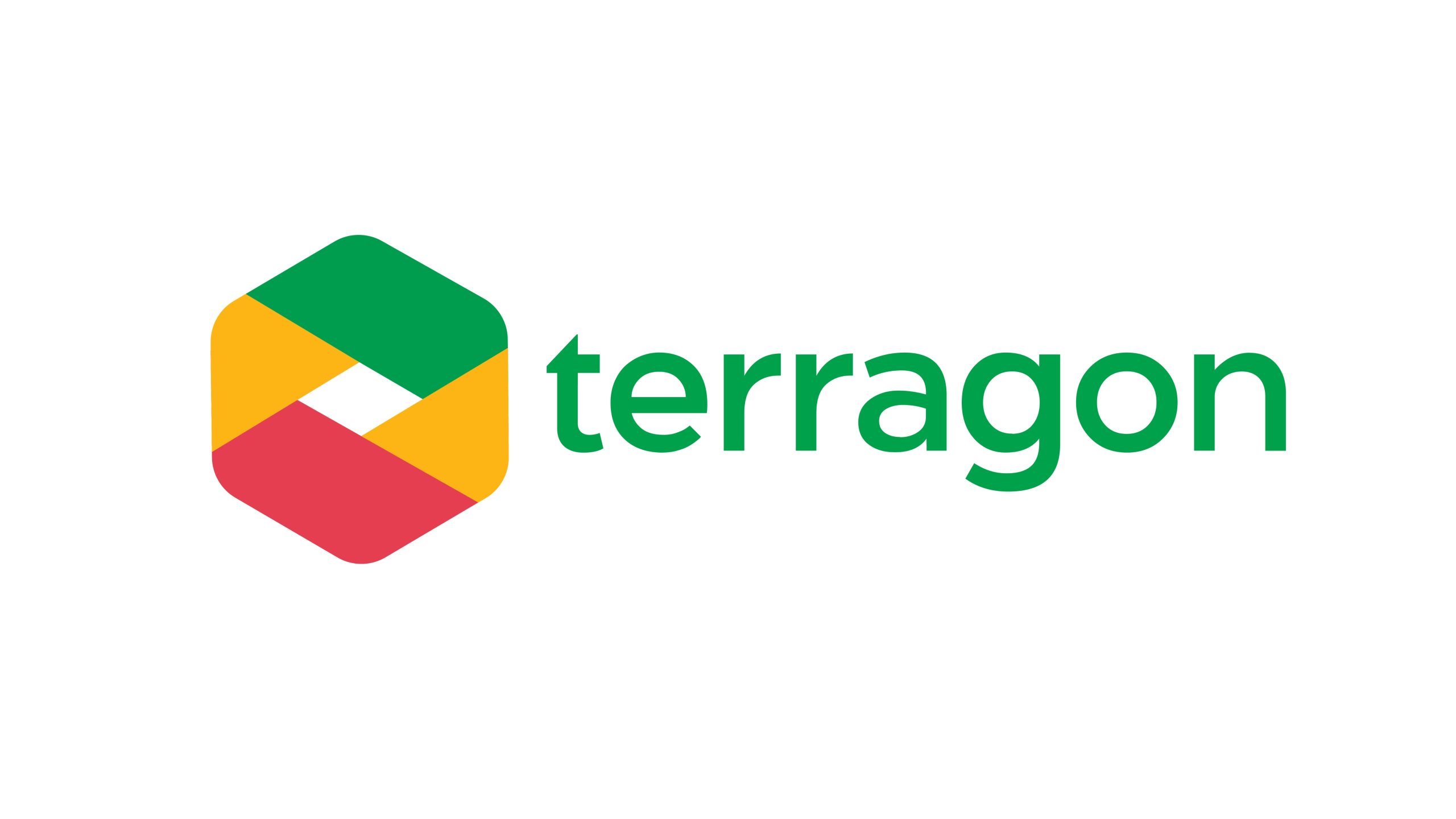By Abimbola Mohammed
Writing about old banks without going down the history lane of how financial institutions started in Nigeria won’t be fair enough. The banking industry in Nigeria started during the colonial era with the establishment of Colonial Banks with the primary aim of meeting the commercial needs of the Colonial Government. From the humble beginning of a somewhat banking activity started by a Nigeria of shipping company Elder Dempster, the African Banking Corporation took over and within a year sold its operations to the Bank of British West Africa. Upon independence, the banking system in Nigeria is regulated through the Central Bank of Nigeria was established in 1959 to regulate the banking activities in the Independent nation.
First Bank of Nigeria: the Bank of British West Africa, now First Bank of Nigeria, was established in Nigeria. In 1925, Due to some difficulties, the bank folded up its activities, and the Bank of British West Africa Limited (BBWA) was established to take over the activities of the African Banking Corporation. The Bank of British West Africa Limited opened its first branch in Lagos in 1894, in the later part of the same year; the name of the bank was changed to Standard Bank of Nigeria known as the First Bank of Nigeria Limited [now a public limited company PLC.
National Bank of Nigeria was a Nigerian bank established in February 1933. It came under the control of the Western Nigerian government in 1961 and after the creation of states in 1976, the Western States of Nigeria assumed joint ownership. For more than three decades, spanning much of the 1950s to early 1980s, it emerged as one of the largest indigenous banks in Nigeria and along with the old Bank of the North and African Continental Bank, it was described by Pius Okigbo in 1981 as one the Big Three indigenous banks in the country.
In 1992, the bank became distressed and was later liquidated, though it tried to make a return during the early part of this decade after being sold to Odua investment group and Stanmark Assets. It started operations in September 2000 but after a recapitalisation exercise, it merged with Wema Bank in December 2005.
United Bank for Africa Plc (UBA) The British and French Bank Limited (BFB), a subsidiary of Banque Nationale pour le commerce et l’industrie (BNCI) in Paris, commenced business in Nigeria in 1948. Following Nigeria’s independence from Britain, UBA was incorporated on 23rd, February 1961 to take over the business of BFB. In 1970, UBA listed its shares on the Nigerian Stock Exchange and became the first Nigerian Bank to undertake an Initial Public Offering (IPO).
Today’s UBA emerged from the merger of the dynamic and fast-growing Standard Trust Bank, incorporated in 1990, and UBA, one of the biggest and oldest banks in Nigeria. The merger was consummated on August 1, 2005, and was one of the largest mergers completed on the Nigerian Stock Exchange (NSE). Following the merger, UBA further expanded its brand by acquiring Continental Trust Bank that same year. In 2006, UBA acquired Trade Bank, which was under liquidation by the Central Bank of Nigeria at the time. UBA had another successful combined public offering rights issue in 2007 and made further acquisitions of three liquidated banks: City Express Bank, Metropolitan Bank, and African Express Bank. UBA also acquired Afrinvest UK, rebranding it UBA Capital, UK. The quest to build a strong domestic and African brand intensified in 2008 when UBA made further acquisitions of two liquidated banks: Gulf Bank and Liberty Bank.
UBA has a broad footprint across Africa and the world.
Union Bank: Union Bank of Nigeria’s rich history can be traced to 1917 when it was first established as Colonial Bank. In 1925 the bank became known as Barclays Bank DCO (Dominion, Colonial, and Overseas) resulting from its acquisition by Barclays Bank. Following Nigeria’s independence and the enactment of the Companies Act of 1968, the bank was incorporated as Barclays Bank of Nigeria Limited (BBNL, est. 1969). Between 1971 and 1979, the bank went through a series of changes including its listing on the NSE and share acquisitions/transfers driven by the Nigerian Enterprises Promotion Acts (1972 and 1977); this resulted in its evolution into a new wholly Nigerian-owned entity. To reflect the new ownership structure, and in compliance with the Companies and Allied Matters Act of 1990, it assumed the name Union Bank of Nigeria Plc.
Afribank Nigeria PLC was a commercial banking, real estate, and insurance broker based in Lagos, Nigeria. It was established by French investors in 1959 under the name Banque Internationale pour l’Afrique Occidentale (BAIO). As of 2010, the bank operated over 250 branches across Nigeria and was one of the region’s “Big Four” banks. Afribank used the Temenos Globus banking application in its branches.
Citi Bank has had a presence in Nigeria since 1984. Citi is the oldest existing international bank in Nigeria, with service bank branches spread across the nation. It was formerly called Nigeria International Bank before it changed to CitiBank in July 2008.
Bank PHB Group, also known as Platinum Habib Bank Group, was a financial services organisation in West Africa and East Africa. Founded 2005 Defunct August 5, 2011. The Group’s headquarters was located on Victoria Island in Lagos, Nigeria, with subsidiaries in Nigeria, the Gambia, Liberia, Sierra Leone, and Uganda. Bank PHB Group was one of the largest financial services organisations in Africa, with an estimated asset base in excess of US$3.6 billion, as of December 2009.
Gulf Bank of Nigeria PLC was founded in 1990; it operates as a commercial bank. Its products include Esusu Gulf Guaranteed Account, Gulf Premium Account, Gulf-Instant Reward Account, and Gulf Scholars Account. The bank offers energy, power, oil, and gas financing; construction and mortgage financing; telecommunication financing; electronic banking; treasury services; funds management; accounts operations; private banking; public sector accounts; international banking; and corporate banking. The headquarters was in Lagos, Nigeria with branches in Akure, Osogbo, Abeokuta, Lekki, Ilorin, Warri, and Kaduna.
Diamond Bank Plc., was a Nigerian multinational financial service provider. Diamond Bank was acquired by Access Bank in December 2018 and announced to complete the transactions of the merger fully in the first half of 2019. On 1 April 2019, Diamond Bank was fully merged with Access Bank to build a new entity while retaining the name of Access Bank with a logo that took the form of Diamond Bank.
Equitorial Trust Bank Plc. (ETB), commonly referred to as Equitorial Bank, was a commercial bank in Nigeria. It was one of the twenty-six (26) commercial banks licensed by the Central Bank of Nigeria (CBN), the country’s banking regulator, in early 2011 before a merger with Sterling Bank.







Comment
No comments found.